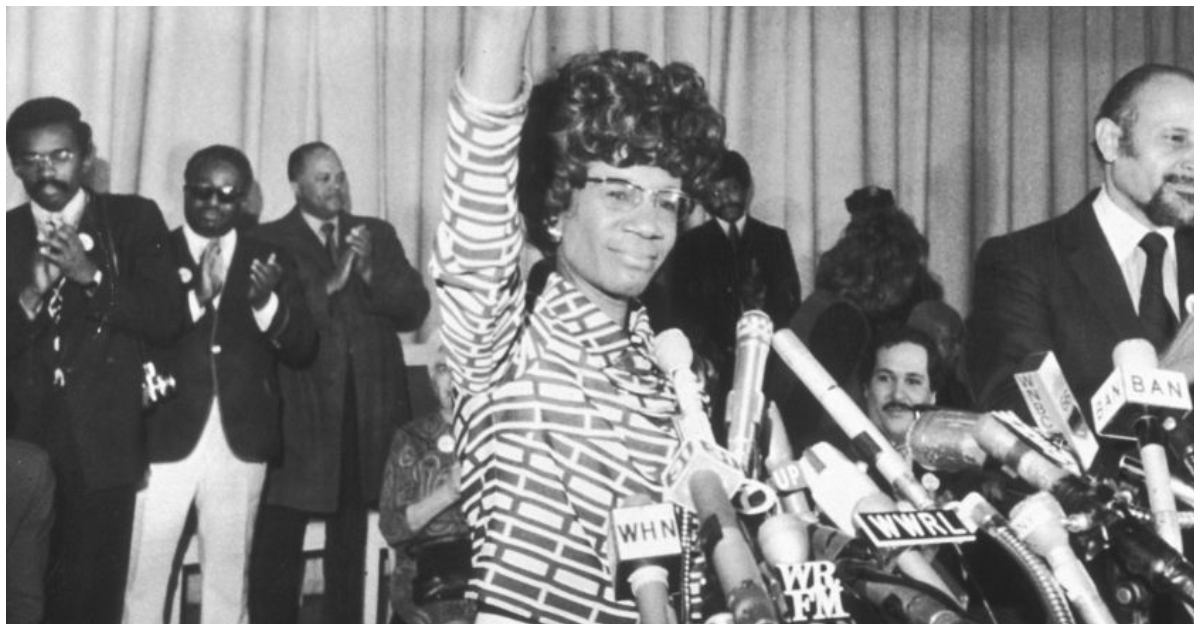New York City paid tribute to the life and legacy of Shirley Chisholm on what would have been her 100th birthday. The celebration marked the first-ever Shirley Chisholm Day, a special occasion that commemorated the accomplishments of the groundbreaking politician and civil rights advocate. Chisholm is remembered for many achievements, including becoming the first Black woman elected to the U.S. Congress and the first to run for a major party’s presidential nomination.
Shirley Chisholm Day: A Citywide Celebration of Legacy
On November 30, 2024, the New York City Council officially declared Shirley Chisholm Day, an honor that coincided with her 100th birthday. The city recognized Chisholm’s immense contributions to politics and society, and her district in Brooklyn, where she was born, played a pivotal role in the resolution’s passage. Councilmember Farah N. Louis, who represents part of Brooklyn, spearheaded the effort to make Chisholm’s birthday an official day of remembrance.
Chisholm’s legacy was further celebrated through a year-long exhibit at the Museum of the City of New York, which explores her life and achievements. The museum held special events on her birthday, highlighting her trailblazing journey and her commitment to change. “When I die, I want to be remembered as a woman who fought for change in the 20th century,” Chisholm once said. This sentiment captures the essence of her life’s work.
Chisholm’s Historic Political Career
Born Shirley Anita St. Hill on November 30, 1924, Chisholm’s political journey began in the 1960s. In 1964, she became the second African American in the New York State Legislature. Her political career reached new heights in 1968 when she was elected the first Black woman to serve in the U.S. Congress, representing New York’s 12th District.
During her seven terms in Congress, Chisholm earned the nickname “Fighting Shirley” for her bold and unapologetic stance on issues like racial and gender equity, poverty, and the Vietnam War. She introduced more than 50 pieces of legislation, advocating for the rights of women, minorities, and marginalized communities.
The Groundbreaking 1972 Presidential Run
Chisholm made history again in 1972 when she became the first Black woman to run for the Democratic Party’s presidential nomination. Her candidacy challenged the norms of American politics and sparked a conversation about diversity in leadership. Chisholm’s campaign was a symbolic one, as she faced significant obstacles, including being excluded from televised debates. Nonetheless, she remained determined to pave the way for future Black and female presidential candidates.
“I ran because someone had to do it first,” Chisholm wrote in her memoir. Despite losing the nomination to George McGovern, her presidential run was a historic moment that opened doors for more diverse candidates in American politics.
A Legacy of Firsts and Lasting Impact
After her presidential campaign, Chisholm continued her work in Congress, where she became the first Black woman to serve on the House Rules Committee in 1977. She retired from public office in 1983 but remained a powerful voice for change.
In 2015, President Barack Obama posthumously awarded Chisholm the Presidential Medal of Freedom, recognizing her lifetime of achievements and contributions to the nation. Vice President Kamala Harris, who made history as the first Black woman nominated for president by a major party, paid tribute to Chisholm’s influence, writing, “So many of us stand on her broad shoulders.”
Shirley Chisholm’s Legacy Lives On
Chisholm’s legacy continues to inspire political leaders and advocates for social justice. Her commitment to equality, education, and dismantling systemic barriers laid the foundation for future generations to pursue their dreams without fear of discrimination.
As Vice President Harris noted, “With her spirit and in honor of her legacy, let us continue to speak truth to power and fight for equality and justice for all.”





